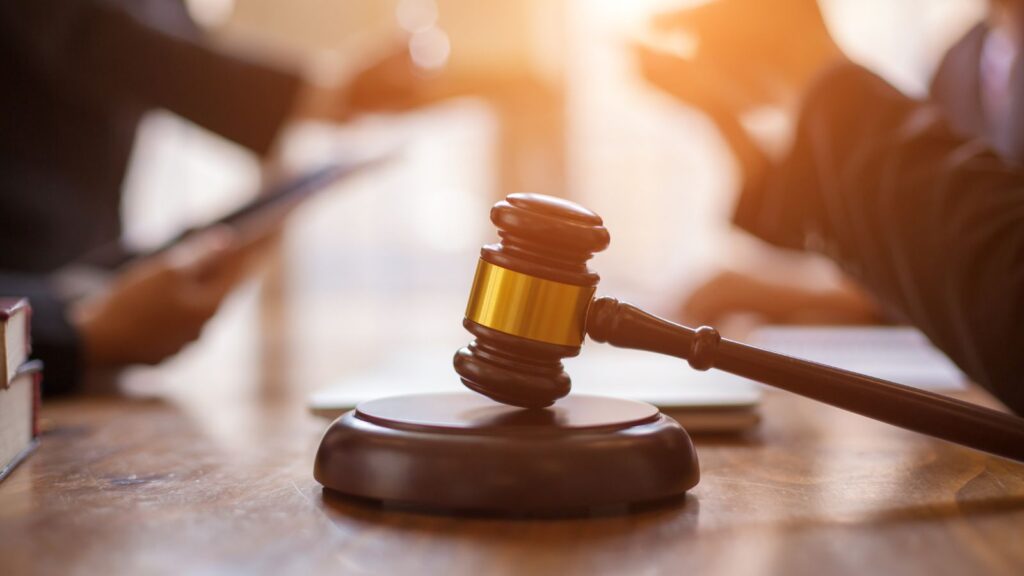The National Center for Drug Abuse Statistics reported that almost 1.6 million drug-related arrests every year are placed upon Americans for selling, manufacturing, or merely possessing an illegal substance. Drug overdose has emerged as a leading cause of death for individuals under 45.
According to Drug Manufacturing Attorney Lawrence J. Zimmerman, in most states, such as Georgia, prosecutions for manufacturing and cultivation charges tend to be pursued aggressively, and prosecutors do not just dismiss or reduce a charge at a whim. Violations of the Georgia Code, Title 16, Chapter 13, and Article 78 carry severe penalties that can radically change the lives of people under the enforcement of the law.
The following are the more common drug charges in the US.
Possession Charges
Put into perspective, possession charges spell inescapable trouble. According to Lawsmith, The Law Offices of J. Scott Smith, PLLC, you can be charged with a criminal offense if you are found in possession of even the smallest amount of a controlled substance for personal use. The nature of the drug determines the severity of the charge.
Otherwise, possession of marijuana would carry a lesser sentence when compared to cocaine, heroin, or methamphetamine possession. The charge gets elevated with prior convictions. Simple possession is most often treated as a misdemeanor.
What you do after the charges will greatly affect how the case is handled. Discuss your case only with your attorney. Your own words might be used against you in court. You also need to step back and allow your lawyer to direct you throughout this ordeal.
Always keep yourself informed about all judicial proceedings and attend every court appearance. Failure to do so can raise further issues and even stiffer penalties.
Trafficking Offenses
Facing trafficking offenses can bring about a range of challenges distinct from the charges of possession. Authorities accuse you of drug trafficking when they hold you accountable for drug distribution activities. The prosecutors will prove that the accused actively engaged in selling or transporting drugs, which could lead to years in jail and substantial fines if convicted.
While trafficking crimes are for large quantities of drugs and carry more severe legal consequences than possession, an accusation of drug trafficking can also bear equally significant reputational consequences that may ruin your professional and personal lives. It is advisable to seek legal counsel without delay.
Manufacturing Accusations
Manufacturing illicit drugs is considered a serious, unlawful act in the eyes of the law and courts. A competent lawyer will lead you through the legal procedure, protect your rights, and try for the best possible resolution regarding your particular matter.
A drug manufacturing conviction drastically impairs your future for many years. For instance, it creates a criminal background, which, according to experts, would obstruct your efforts at seeking employment, housing, or buying land. The mounting pressures developed from criminalizing drug manufacturing processes will also affect your social life and your image in the community.
Manufacturing accusations must be treated with total seriousness, and you should seek legal counsel.

Distribution Allegations
The distribution charges pertain to the sale, transport, or provision of illegal substances to another. The penalties for distribution may include massive fines, long terms in jail, and permanent criminal records that may jeopardize future opportunities.
The prosecutor will probably have to submit a variety of evidence to prove drug distribution, such as witness testimony, surveillance tapes, telephone records, and photographs of the drug scene. Charges and potential penalties depend on what is involved: the substance, its amount, whether the accused has previous convictions, or minors’ involvement.
An experienced lawyer can guide you through the procedure, construct your defense, and protect your rights in court against charges of distribution.
Paraphernalia-Related Charges
Many items will be considered drug paraphernalia: pipes, bongs, syringes, scales, and little plastic bags. Charges could be filed even if no illegal substance was present. Such charges carry penalties that range from fines and probation to incarceration, depending upon the state.
Possession of drug paraphernalia is not the same as possession of drugs. Sometimes, the police will use paraphernalia as circumstantial evidence to bolster their charges for other violations of drug possession to increase the severity of the penalties. Legal advice should be sought when charged with drug paraphernalia.
You must research what items form the list of drug paraphernalia in your state so you do not find yourself charged with drug paraphernalia.
Conclusion
When it comes to drug-related charges, possession offenses are said to be the most prevalent.
But there are several other forms of drug crimes other than possession, including the trafficking and manufacturing of drugs and selling of drugs.
If you are ever charged with drug crimes, it will be greatly beneficial to hire a good lawyer with experience in drug crimes. The lawyer will safeguard your rights and may bargain for reduced penalties.
